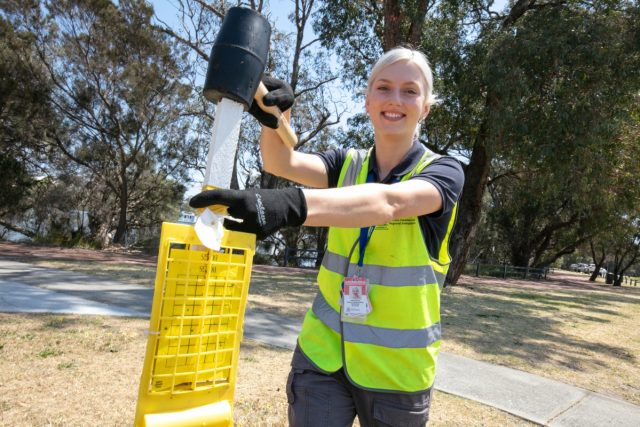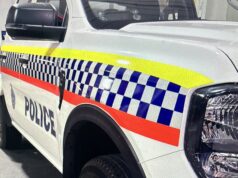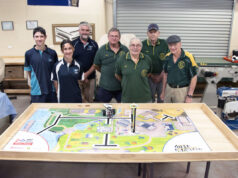
Parts of the City of Canning are under quarantine, with the Department of Primary Industries and Regional Development [DPIRD] confirming the presence of Polyphagous Shot-Hole Borer [PSHB].
Polyphagous Shot-Hole Borer is an exotic beetle considered both an agricultural and environmental pest.
The beetle farms a fungus that it uses to feed its young and it is the combination of the beetle and fungus that causes the most damage to trees, with some host species dying within two years of infestation.
DPIRD’s acting chief plant biosecurity officer Dr Vincent Lanoiselet said PSHB was confirmed in a tree in the East Fremantle area in September 2021.
“There have since been detections of PSHB at six sites in the City of Canning area since February 2022,” he said.
“There is currently a Quarantine Area for PSHB in place covering 21 local government areas in the Perth metropolitan area – restricting the movement of any wood or green waste material that could host the borer.
“The City of Canning is included in the Quarantine Area.”
Dr Lanoiselet said DPIRD had deployed 120 traps in the City of Canning, which emit a pheromone that attracts the beetle.
While he urged the public to steer clear of the devices, he added that residents could help by looking for signs of the invasive beetle.
Traps are changed on a fortnightly basis and samples taken from traps are taken to DPIRD Diagnostics and Laboratory Services (DDLS) for testing,” he said.
“To ensure our data is consistent, it is important that members of the public do not touch or move traps.
“Check trees and plants for any unusual signs, like multiple entrance holes in the trunk or branches about the size of a ballpoint pen tip, frass or sawdust and crystalline foam or sugar volcanoes coming from the entry holes.
“Other signs to look out for are thick resin or sap on the tree branches or trunk, staining of the wood around entrance holes, dying branches and tree death.”
Suspect borer damage should be reported to DPIRD’s Pest and Disease Information Service on (08) 9368 3080, email padis@dpird.wa.gov.au or via its MyPestGuide Reporter app.












